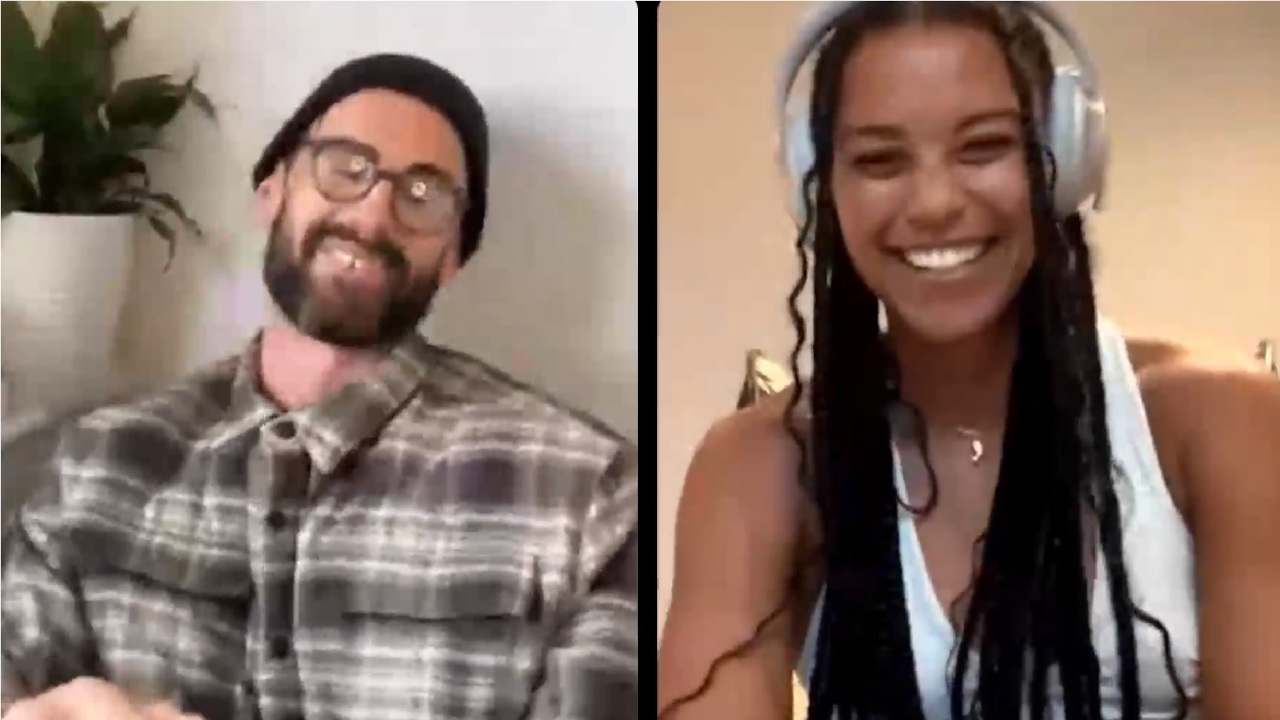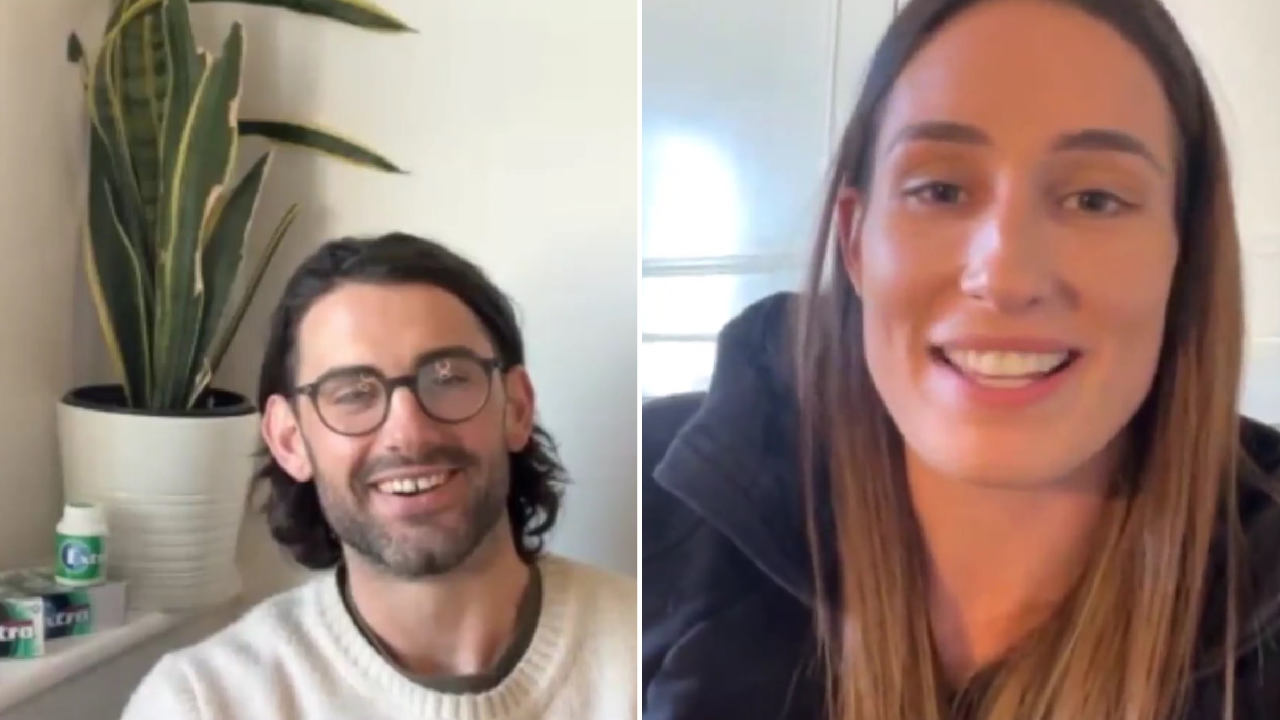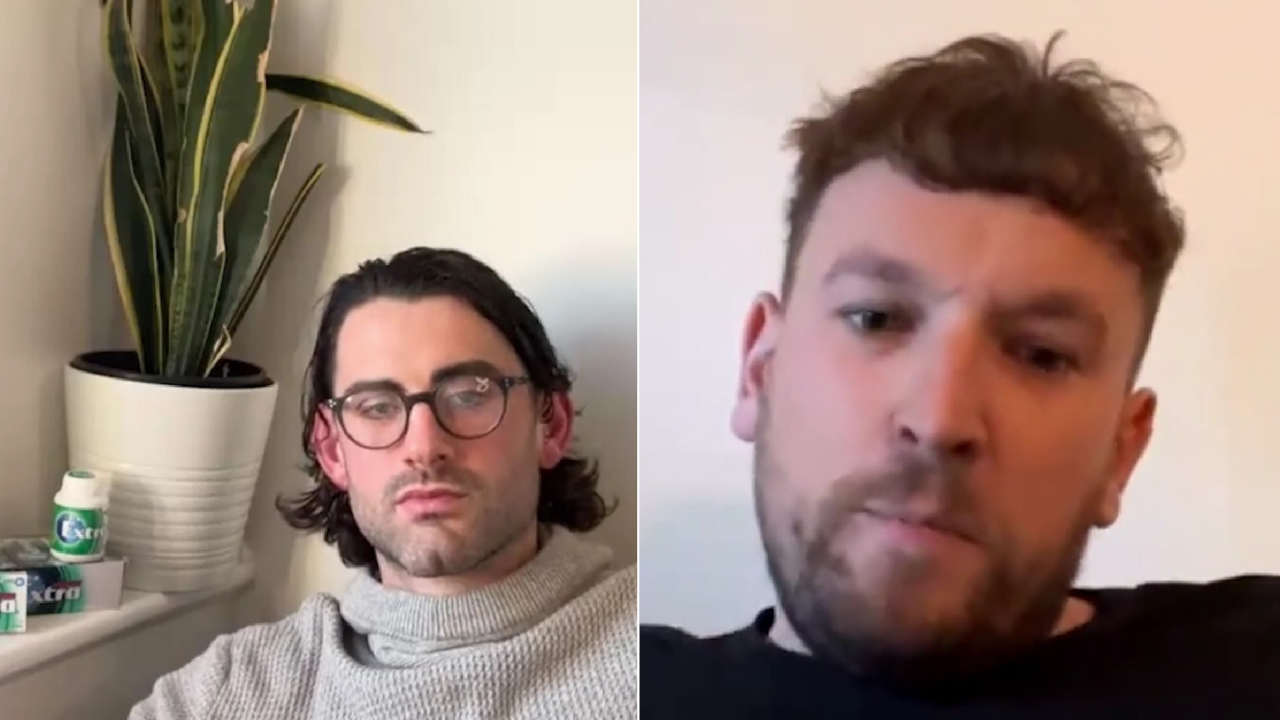Who was I helping?
Within three years I was drafted by the Giants. They were building a club, basically, making it up as they went and, me being a young kid, was pretty much doing the same.
I was one of the first to join the club and was actually drafted via an email. They were able to pick up players through the concession laws that were in place for them and I was picked up alongside players like Adam Treloar and Jeremy Cameron.
I was halfway through Year 11 and signed a three-year deal, moved up to Sydney, played TAC Cup and in the NEAFL. It all happened really quickly, kind of before I could take in what was actually going on.

I was in the footy system before I knew it but I was still grappling with the massive change of having moved to Melbourne. I was in the AIS program as well.
All my school holidays were gone, I was being paid to play and there were big responsibilities compared to your average 16-year-old. I thought, ‘I’ve got no choice but to grow up’ and I tried to enjoy the opportunity.
I ended up playing 12 games for the Giants and then another 12 for Essendon, before spending a year at the Swans.
By the time I was 23, I’d been in the AFL system for seven years and it was all pretty crazy.
When I was 21 and had just signed a three-year deal with the Bombers, I walked into a car yard and decided I wanted a Holden Captiva.
I didn’t bother test-driving it, just walked in and said to the bloke, ‘I want that grey one over there’, and bought it. I bought a joint in Essendon, was flying around the world doing all these fun things in the off-season.

It was all great fun. But then I’d go home to the Territory and come back down to earth with a thud. Everything up there was the same as when I was a kid. All the store fronts were the same, the kids were doing the same things I’d been doing, all the same issues were there.
That’s when those thoughts started to come up for me. What was the real point of what I was doing? Who was I helping? What was I changing for people?
Sometimes athletes can start to think they’re the most important people in the world. They have that sort of system built around them and people give them everything they want. But, for me, it just didn’t feel right. I thought all that stuff meant nothing.
I started looking around, talking to people and thinking about what else I could do. I made the decision to finish up with footy, headed to Nepal and around South-East Asia, came back home and started a new life.

The world keeps spinning
It’s been a couple of years since I finished up and I feel like I’ve achieved some great things since leaving the game.
I work at AIME Mentoring, where our goal is to mentor marginalised kids around the world from high school into university. In Australia, we work specifically with Indigenous kids, trying to close the gap in education.
It’s important work. Everyone sees the close-the-gap campaign in the media but there’s still a 30 per cent gap between Indigenous and non-Indigenous kids in terms of getting through school and therefore progressing on to jobs post-school.
Education is key to lifting kids out of inequality. Education equates to higher paying jobs, better health results, a better society.
My job is to look after international projects. I launched a campaign in America last year. We chartered a plane from LA to Sydney, about 340 people, to come to the world’s first festival of mentoring. It was a big project.
I also look after events and our apparel line. The funds we raise go back into the program. Every day is different and interesting and has a purpose.
I have no regrets. I’m lucky to have played seven years on a list, 24 games, it’s not bad. I got to live out my childhood dreams. But I felt it just became about money, how big my next contract was going to be.
That wasn’t what I wanted. It made me lose passion for the game and I’ve hardly played since.

If I did have any reservations about leaving footy, it was because I’d seen a lot of people, including some real superstars, talking about how difficult it is to transition out of the game.
Maybe it is for some. But for me it wasn’t. You wake up the next day and the world is still spinning. You can do whatever you want to do if you keep applying the same traits to life as you did to sport.
I think we need to start reframing this idea that leaving the game is tumultuous. It’s the same, you get up, work hard, turn up on time and be the best person you can.
To me, being the best person I can be means doing what I can to address the highest suicide rate among Indigenous people in the world, our massive health issues, the education gap.
Half my family’s dying 30 years before non-Indigenous people. To me, doing work around that is actually world-changing, not playing a couple of hundred footy games.
More about: Essendon | GWS Giants | Indigenous Australians | MCG | Retirement | Sydney Swans




 Load More
Load More